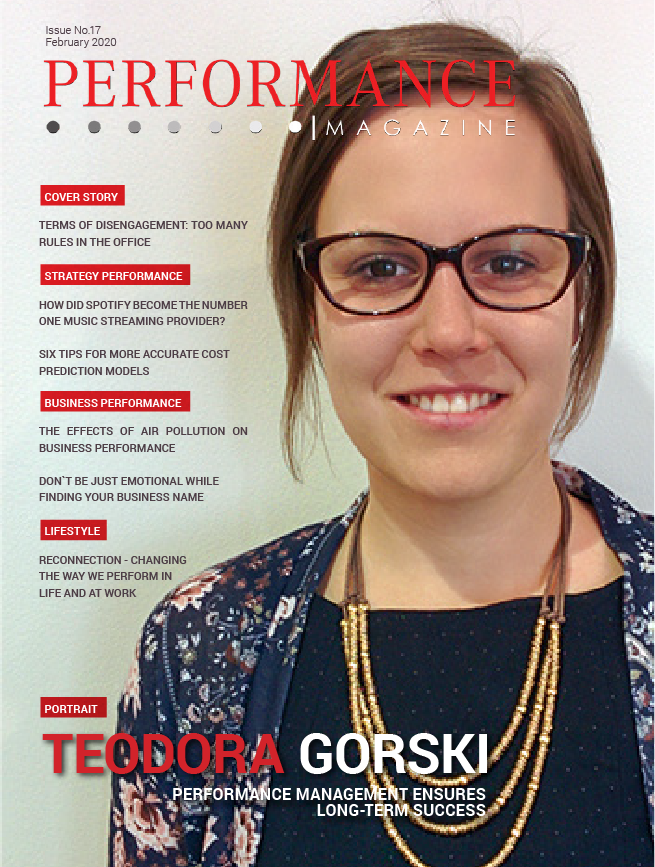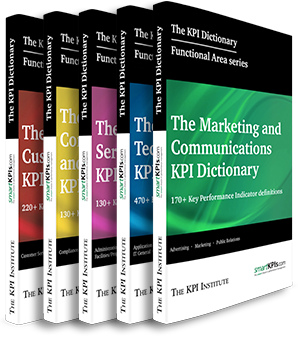Performance management research is multidisciplinary, being informed by a varied group of complementary disciplines and corresponding theories. Strategic Management, Operations Management, Human Resources Management, Organisational Behaviour, Information Systems, Marketing, Management Accounting and Control are all contributing to the field of performance measurement.
Due to this multidisciplinarity, the theories that inform it are varied.
Firstly, there is a macro view, whose corresponding theme outlines a systemic approach to organisational management. This is supported by organisational theory (Jones, 1995) , systems theory (von Bertalanffy, 1973) and contingency theory (Donaldson, 2001) as interrelated theories covering the structural aspects and goal setting theory (Locke, 2004), supporting the organisational performance aspect.
Secondly, there is a micro view, whose corresponding theme is behavioural and methodologically individualistic. Two main theories for this micro view - goal setting theory and principal-agent theory (Laffont & Martimort, 2002).
Underlining the learning aspects of performance management is social learning theory (Bandura, 1977). Ormrod (1999) says it focuses on learning in a social context, considering that people learn from each other and it proposes a list of concepts such as observational learning, imitation and modelling as enablers. Modelling in social learning uses either live models (an actual person demonstrating the behaviour) or a symbolic model. For training purposes a symbolic model is more suitable in a performance management context due to privacy issues.
The main theory informing individual performance management is Locke & Latham's (2002) goal-setting theory, one of the most effective motivational theories. It was formulated inductively based on empirical research conducted over nearly four decades. Its roots are based on the premise that conscious goals affect action (where goals are considered the object or aim or an action) (Locke & Latham, 2002). While goal setting theory is generally analysed at individual level, its principles are considered relevant at organisational level, too. Locke (2004) further argues that goal-setting is effective for any task where people have control over their performance. Research in this field currently explores goal setting theory at both individual and organisational level.In organisational context, personal empirical observations highlight that the goals of individuals, teams and the entity as a whole can be in conflict. Goal conflict can motivate incompatible actions and this has the potential to impact performance. Thus, alignment between individual goals and group goals is important for maximising performance. This links goals setting theory to principal agent theory, also called agency theory.
Agency theory (Eisenhardt, 1985) explains how to best organize relationships in which one party (the principal) determines the work, which another party (the agent) undertakes. The agency problem is to determine the optimal contract for the agent's service. The principal agent relationships should reflect efficient organisation of information and risk-bearing costs. The human assumptions to be considered are self interest, bounded rationality and risk aversion, while at organisational level the assumptions to be analysed are the goal conflict among participants and the information asymmetry. This links the agency theory to organisational theory, studying whole organisations, how they adapt, and the strategies and structures that guide them. Eisenhardt (1985) further considers both agency and organisational theory to be rational, information based, efficiency oriented, concerned with determinants of control strategy and distinguish between two types of performance evaluation control: behaviour based and outcome based.
Overall, various versions of organisational theory emphasize the importance of task characteristics, especially task programmability, to the choice of control strategy. The existence of "people" or social control is as an alternative to control through performance evaluation. In contrast to the classical scholars, most theorists today believe that there is no one best way to organize. What is important is that there be a fit between the organisation's structure, its size, its technology, and the requirements of its environment. This perspective is known as contingency theory (Fiedler, 1964) that contends that the optimal organisation / leadership style is contingent upon various internal and external constraints.
A subset of organisational theory is considered to be systems theory, which includes a series of variations such as von Bertalanffy (1956)'s General Systems Theory, Mulej's Dialectical Systems Theory, Flood and Jackson (1995)'s Critical Systems Thinking, or Beer (1984, 1985)'s Viable Systems Theory. Systems theory opposes reductionism and promotes holism. Rather than reducing an entity (e.g. the human body) to the properties of its parts or elements (e.g. organs or cells), systems theory focuses on the arrangement of and relations between the parts which connect them into a whole. It emphasises interdependences, interconnectedness and openness as opposed to independence, isolation and closeness. This enables the discovery of emergence, as new attributes of interacting entities that are generated by their analysis as a whole that would not become evident if the parts would be analysed independently. Systems theory acknowledges complexity as an attribute of reality and focuses on synergy and the combination analysis and synthesis. Systems theory considers organisations as systems with relative boundaries which make exchanges with the environment and must adapt to environmental changes in order to survive. They are open systems which interact directly with the environment through inputs and outputs.


